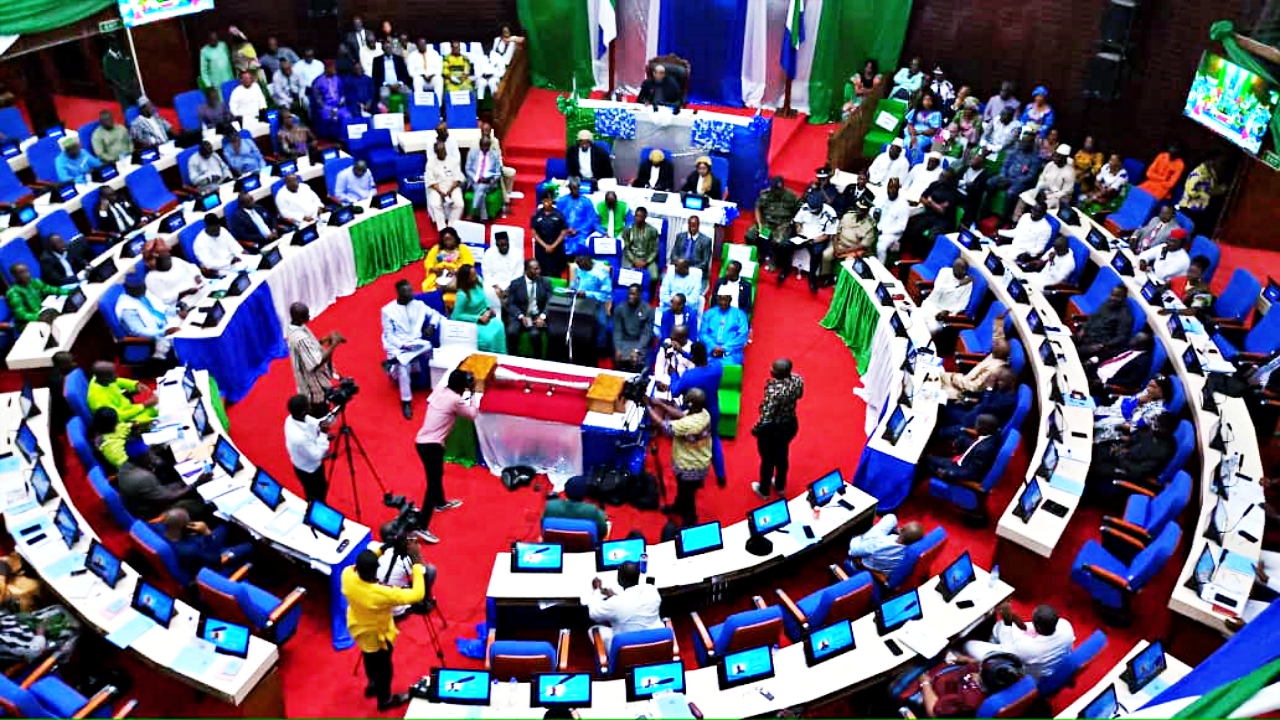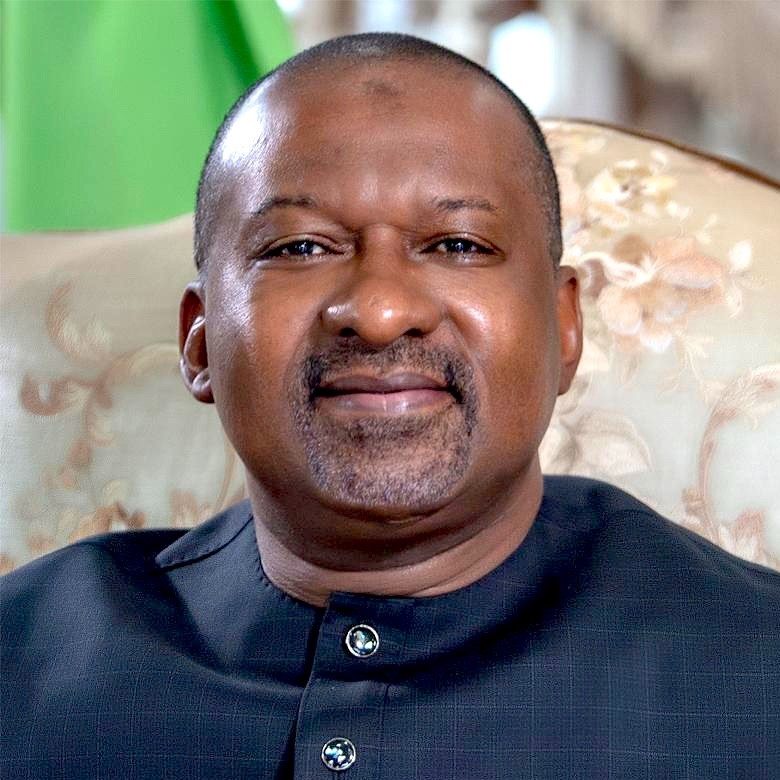In the 21st century, there is growing interest more than ever before in issues related to democracy and good governance around the world.This is a reflection of the increasing acceptance of the fact that democracy and good governance are not a luxury, but a fundamental requirement to achieve sustainable development.
Parliaments as one of the key state institutions in a democratic system of governance have a critical role to play in promoting democracy and good governance. As the democratically elected representatives of the people, parliaments have the honourable task to ensure government by the people and for the people.
In the performance of their key functions of legislation, representation and oversight parliaments can actively engage in the development and implementation of laws, policies and practices that promote democracy and good governance.
As Sierra Leone continues to grapple with matters of legality, it is time for the House of Parliament to take its rightful place in the governance of the state. This was a call made recently by a Member of Parliament belonging to the ruling party government in the Well of Parliament.
Parliament is one of the three arms or branches of government that also includes the executive (presidency) and the judiciary. The Sierra Leone legislature of Parliament by law consists of the president, the speaker and members of Parliament.
The three branches or arms of government are seen as equal and independent of each other in the dispensation of their mandates on behalf of the people. Although they are independent, working together according to the rules and procedures of the law in the interest of the people is highly encouraged and forms the ideal relationship in the administration of the state.
Legal experts have posited that although the three arms of government are equal, the legislature or Parliament is on top of the government hierarchy. Since government is a legal entity, those passing the laws exercise due influence on the administration and the rule of law. The legislature can query or sanction the other arms of government, while the reverse presents a complication not limited to state or executive capture of the legislature.
Meanwhile the constitutional mandate for the Parliament of Sierra Leone is broadly described in section 73 (3) of the 1991 Constitution of Sierra Leone which states that: “There shall be a legislature of Sierra Leone which shall be known as Parliament, and shall consist of the President, the Speaker and Members of Parliament. Subject to the provisions of this constitution, the legislative power of Sierra Leone is vested in Parliament. Parliament may make laws for the peace, security, order and good government of Sierra Leone”.
The functions of Parliament include representation, legislation/law making, budget scrutiny and allocation of budget to government ministries, departments and agencies (MDAs), and oversight functions. It then follows that a properly functioning Parliament devoid of any influence presents a beacon of peace, hope, democracy and good governance whose mission involves making government work for the people, by giving a voice to the voiceless through law making, transparency, accountability and equitable distribution of resources.
The vision and mission of our legislature or Parliament of Sierra Leone are anchored on a number of core values that must guide Parliament as an institution as well as every single Member of Parliament in the process of discharging their law making, oversight and representational responsibilities. These values, which form the core of the legislative House’s values, include: accountability – Parliament will strive to act in a fair and equitable manner, ensuring that the needs of citizens are addressed; Inclusiveness: Parliament will strive to take into account all shades of opinion in every decision the House makes; Gender Mainstreaming: Parliament will recognise and value the diversity between men and women in legislation and policy; Transparency: Parliament will act openly and make all its activities and decisions accessible to citizens; Integrity: Parliament will be guided by high ethical and moral standards in the discharge of its duties; Impartiality: Parliament will be objective at all times and guided by the interests of all citizens; Professionalism: Parliament will strive to achieve the highest level of skill and competence in discharging its duties and; Respect: Parliament will value the views and opinions of all citizens at all times.
The Parliament in Sierra Leone continues to face criticism from legal luminaries who say the House continues to allow the executive to have undue influence in how they function which affects the rule of law. The House as a matter of expediency and for how this and future generations will judge them must come from under any perceived influence in how they dispense their duties on behalf of the people and rule of law.













